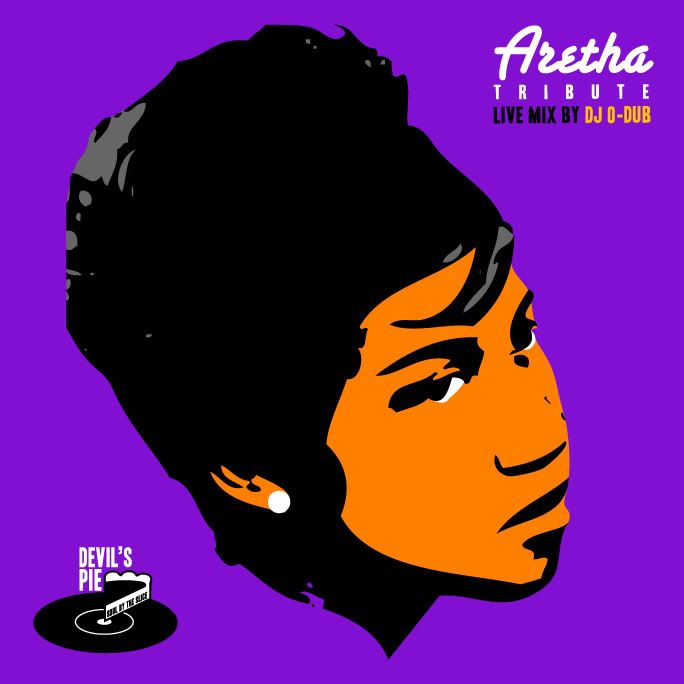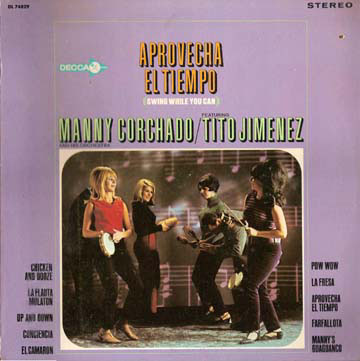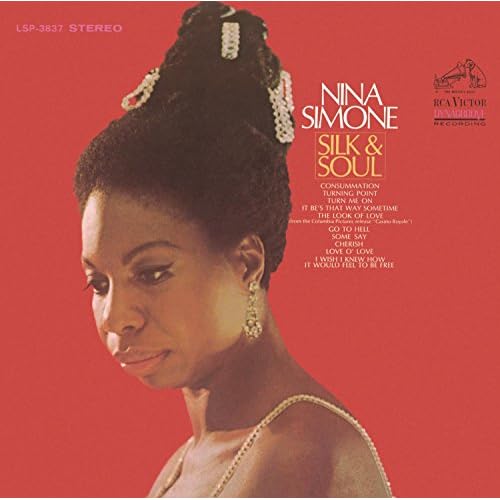THE SUN USED TO SHINE: SYNTHETIC SUBSTITUTION
posted by O.W.

Melvin Bliss: Synthetic Substitution
From 7" single (Sunburst, 1973)
UBB: Synthetic Substitution
From 7" single (Street Beat, 2009)
It took a long, long, long time, but I finally got around to copping Melvin Bliss' breakbeat classic, "Synthetic Substitution." In a sense, it's a song I've heard many times, at least the first bar, given how popular a drum break it's been. But it's been a long time since I actually listened to the song itself and when it arrived in the mail, I threw it on and just let it ride and was reminded of this:
It is one of the more eclectic of the classic breakbeat songs I can think of. James Brown songs - "Funky Drummer" - are awesome but they're straight ahead funk tunes. They "make sense" the same way Skull Snaps' "It's a New Day" or the Honeydrippers' "Impeach the President" make sense; they're great tunes but nothing about them necessarily throw you.
"Synthetic Substitution" totally throws me. Just listen to how it unfolds: that signature breakbeat gives way to the darkness of the keys, then an unexpected vocal drop-in which is so solemn in tone. Listen to the lyrics - it's some heady stuff. But then the song swings in feel midway through (I want to say it goes from minor to major but I may be wrong) only to give back ground to the song's inherent somberness. This song may be many things but simple or straight forward it is not.
Earlier in the year, the Ultimate Beats and Breaks (band?) released an instrumental cover of the song that's been getting some good responses. I think it's pretty solid but to me, the song isn't the same sans lyrics. I'll let you decide.






















